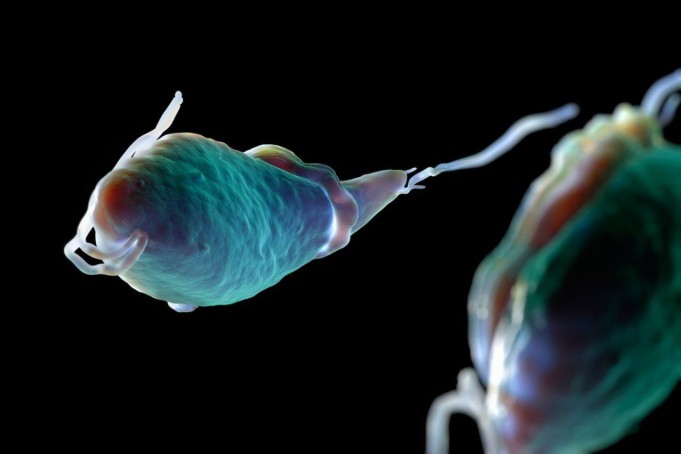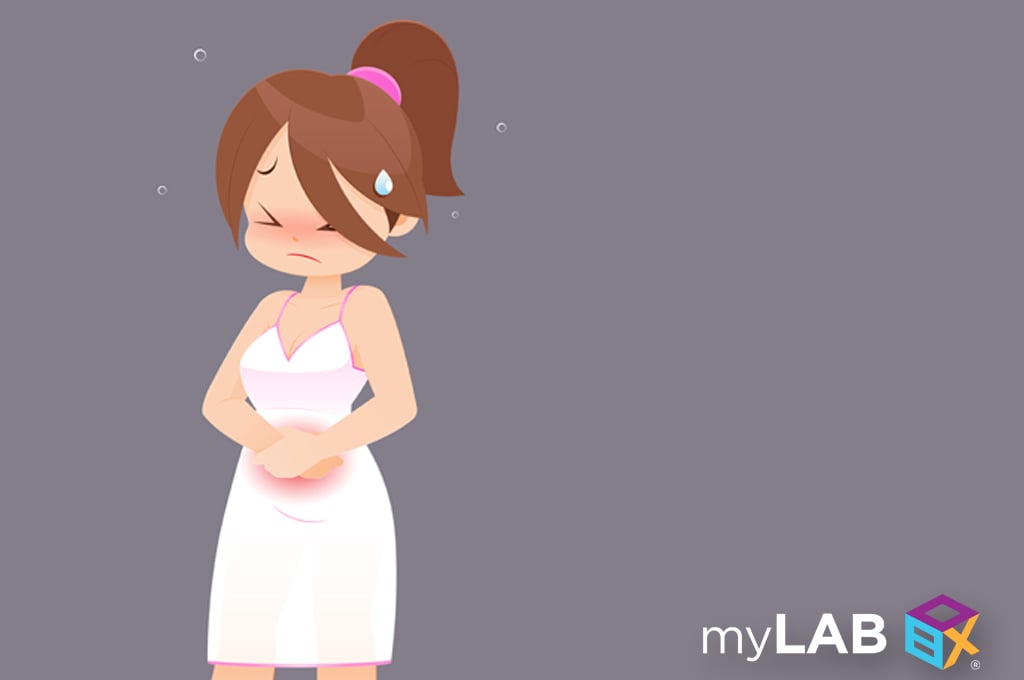Many people are familiar with sexually transmitted infections, but they may not have heard of trichomoniasis also known as trich. This sexually transmitted infection is a protozoan and it is a parasite. This infection can lead to irritation in the genitals and cause pain and discomfort.
Some people may not have any symptoms and may not know they have this infection. Some people may not know that they have gotten trich unless they get tested. This entire time they may be passing it on to their sexual partners.
Rate of Infection
Trichomoniasis is the most common sexually transmitted infection that can be used. In the United States alone it is estimated that 3.7 million people are infected with trich. Only 30 percent of those that have this infection will develop any symptoms.
Trich is more common in females than in males. Older women are more likely to get this infection than a younger woman. People that do not practice safe sex or those with multiple sex partners are at the greatest risk.
How is Trichomoniasis Spread?
Trich is spread by a parasite that is spread from an infected person to another during sexual intercourse. In women, this parasite is found in the genital area and men mostly the penis.
This parasite can be spread between heterosexual couples, homosexual couples, and lesbian couples. Any contact with the genital area can lead to the spread of this infection. Trich does not often affect the hands or even the anus. It will not affect the mouth.
There is no known reason as to why some people get this parasite and others do not. Even people that do not have any symptoms present can still pass this onto others.
Trichomoniasis Symptoms
As many as 70 percent of the people that contract this condition will not have any symptoms. Some of the symptoms may be mild while others may cause inflammation. After infection, the symptoms can appear anywhere from 5 to 28 days.
With some people, the symptoms can remain dormant for a longer period of time. During this time, they are still able to pass it on and infect others. While the symptoms may vary a little between men and women both genders may notice pain during urination and pain when having sex.
Men that contract trich may notice some common symptoms that include an itchy or irritation feeling in the penis, burning during urination or ejaculation, and discharge from the tip of the penis.
Women that contract trich may notice that their genital area itches, burns, is sore, or there is redness. They may notice some pain during urination. There may be vaginal discharge that is yellow or green in color with a fishy smell. A woman may even feel pain during sex.
Additional Complications
If a person contracts trich they may be at a higher risk for contracting other infractions and passing this condition on to others especially if the genitals are inflamed.
Trichomoniasis and Pregnancy
Women that have this sexually transmitted infection are more like to have babies that are premature. They are also more likely to have babies with low birth weight. The baby may also have some other issues such as developmental delays and will not reach milestones on time.
How to Diagnose Trichomoniasis?
A person cannot have this STI diagnosed just by telling the doctor about some symptoms they may be experiencing. A person will need to have their health care provider give them a full exam. They will also need to provide a sample and a laboratory test will be able to tell a person if they have trichomoniasis.
Treatment for Trichomoniasis
While no one wants to get an STI there is some hope if a person does contract trich. This condition can be treated. There is medication including metronidazole and tinidazole that are used to treat this information. The pills are taken orally.
They are even safe enough for a pregnant woman to use. A person should not drink alcohol for at least one day after taking this medication. It is possible for people that have had this condition to contract it again.
On in five people that had this infection will get trich again within the next three months following treatment. In order to help reduce the risk of infection, a person should make sure any sexual partners they had receive treatment as well.
A person should also wait for 7 to 10 days before having sex after they have completed the treatment. Anyone that is sexually active should be tested for this STI and others on a regular basis.
Ways to Prevent Trichomoniasis
While trich is a common STI there are some ways to avoid contracting this infection. A person should not engage in any sexual activity. If a person is sexually active there are some things, they can do to avoid the chance of infection.
A person should only be with one sexual partner and both partners have to be STI negative. At this time, they should continue to have safe sex. Condoms should also be used for oral, anal, and vaginal sex. This will reduce the chance of contracting trichomoniasis.
This parasite may still get on the area of the genitals that are not covered with a condom, so this does not offer full protection. Lesbian couples also need to follow safe sex practices and use protection.
A person needs to be open and honest with their partner to help reduce the risk. The more sexual partners a person has the greater the risk they are for contracting trich and other STIs.
Trichomoniasis is a common STI and a person does not have to put themselves at risk for contracting this parasite. A person needs to follow safe sexual practices and be loyal to their partner. They also need to get tested on a regular basis for this and other STIs.
If left untreated trich can lead to other health issues including pain. It is important to get as much information on reducing the risk of contracting trich.













